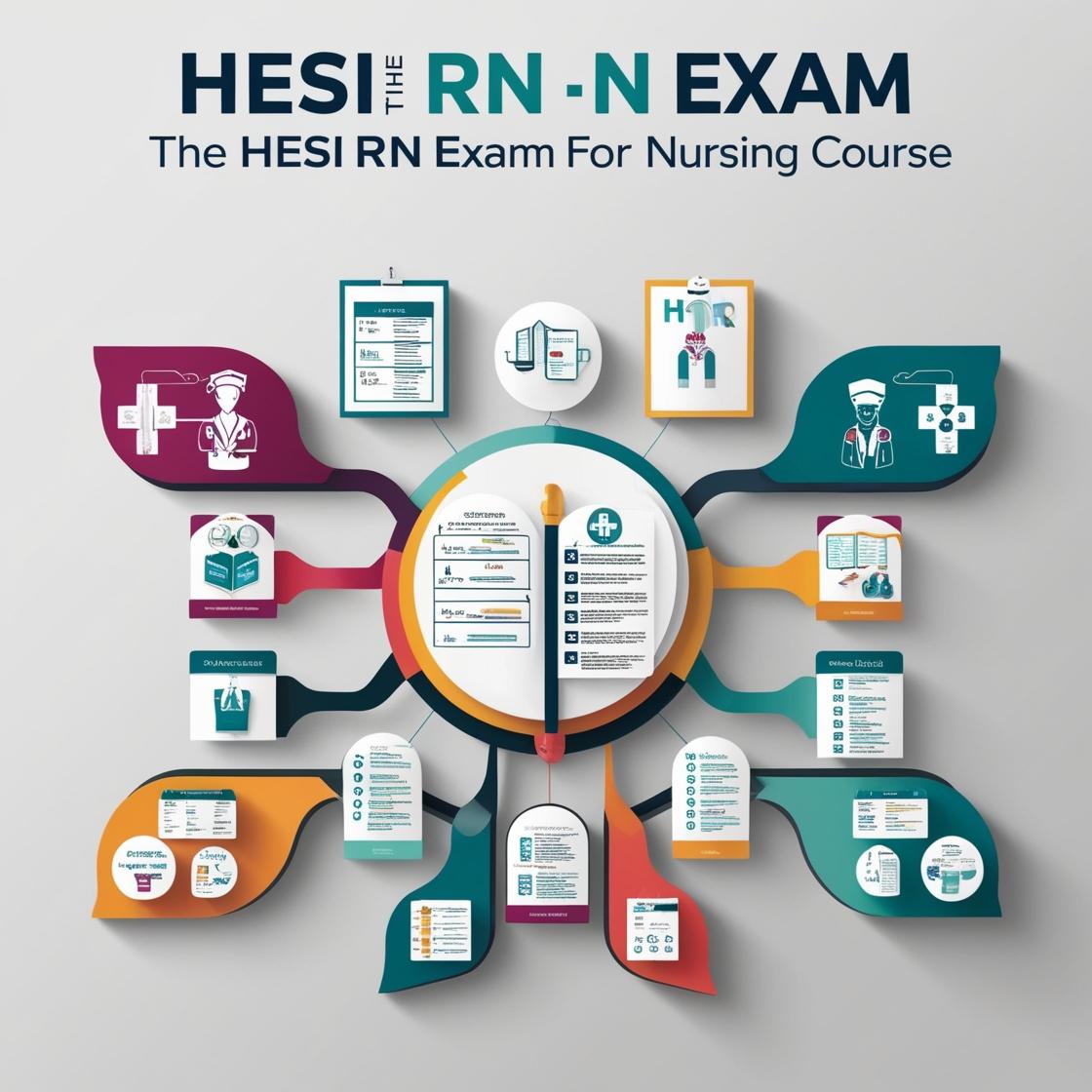HESI RN
HESI Pharmacology Practice Exam
1. The camp nurse asks the children preparing to swim in the lake if they have applied sunscreen. The nurse reminds the children that chemical sunscreens are most effective when applied:
- A. Immediately before swimming
- B. 15 minutes before exposure to the sun
- C. Immediately before exposure to the sun
- D. At least 30 minutes before exposure to the sun
Correct answer: D
Rationale: Chemical sunscreens are most effective when applied at least 30 minutes before exposure to the sun to allow them to penetrate the skin and provide optimal protection. Applying sunscreen immediately before swimming (Choice A) or immediately before exposure to the sun (Choice C) may not provide sufficient time for the sunscreen to be absorbed and offer proper protection. Applying sunscreen 15 minutes before sun exposure (Choice B) is also not ideal as it may not allow enough time for the sunscreen to work effectively. Therefore, the correct answer is to apply chemical sunscreen at least 30 minutes before exposure to the sun to ensure it can be absorbed and offer the intended protection. It is important to reapply sunscreen after swimming or sweating to maintain its effectiveness.
2. A client with severe acne is seen in the clinic, and the healthcare provider prescribes isotretinoin. The nurse reviews the client's medication record and would contact the healthcare provider if the client is taking which medication?
- A. Vitamin A
- B. Digoxin (Lanoxin)
- C. Furosemide (Lasix)
- D. Phenytoin (Dilantin)
Correct answer: A
Rationale: Isotretinoin is a metabolite of vitamin A, which can lead to toxicity when taken together. Therefore, it is crucial to avoid concurrent use of vitamin A supplements with isotretinoin. Contacting the healthcare provider to discuss discontinuing vitamin A supplements is important to prevent potential adverse effects. Choices B, C, and D are incorrect as they are not known to interact significantly with isotretinoin.
3. A client is receiving an intravenous (IV) infusion of an antineoplastic medication. During the infusion, the client complains of pain at the insertion site. The nurse notes redness and swelling at the site, along with a slowed infusion rate. What is the appropriate action for the nurse to take?
- A. Notify the healthcare provider.
- B. Administer pain medication to reduce discomfort.
- C. Apply ice and maintain the infusion rate as prescribed.
- D. Elevate the extremity of the IV site and slow the infusion rate.
Correct answer: A
Rationale: When a client complains of pain at the IV insertion site, and there are signs of extravasation such as redness and swelling, it is crucial to notify the healthcare provider immediately. Extravasation of antineoplastic medications can cause tissue damage, pain, and necrosis if they escape into surrounding tissues. Prompt action is necessary to prevent further complications and ensure appropriate management of the situation. Administering pain medication, applying ice, or elevating the extremity are not appropriate actions in cases of suspected extravasation. These actions do not address the underlying issue of potential tissue damage and necrosis that can occur due to the leakage of antineoplastic medication.
4. The clinic nurse is reviewing a teaching plan for a client receiving antineoplastic medication. When implementing the plan, the nurse should advise the client:
- A. To take aspirin (acetylsalicylic acid) as needed for a headache
- B. To avoid drinking beverages containing alcohol
- C. To consult with healthcare providers (HCPs) before receiving immunizations
- D. That it is necessary to consult HCPs before receiving a flu vaccine at the local health fair
Correct answer: C
Rationale: The correct advice for a client receiving antineoplastic medication is to consult with healthcare providers (HCPs) before receiving immunizations. Antineoplastic medications can lower the body's resistance, making it crucial to seek guidance from healthcare providers to prevent potential complications that may arise due to the medication's impact on the immune system. Choices A, B, and D are incorrect because taking aspirin for a headache, avoiding alcohol, and consulting only before a flu vaccine at a local health fair do not directly address the specific risk related to antineoplastic medications and immunizations.
5. The client with metastatic breast cancer is receiving tamoxifen. The nurse specifically monitors which laboratory value while the client is taking this medication?
- A. Glucose level
- B. Calcium level
- C. Potassium level
- D. Prothrombin time
Correct answer: B
Rationale: The correct answer is B: Calcium level. Tamoxifen may increase calcium levels, leading to hypercalcemia. Symptoms of hypercalcemia include increased urine volume, excessive thirst, nausea, vomiting, constipation, muscle weakness, and bone pain. Monitoring serum calcium levels is essential to detect and manage this potential side effect. Choices A, C, and D are incorrect because tamoxifen does not directly affect glucose, potassium, or prothrombin time levels significantly.

Access More Features
HESI RN Basic
$69.99/ 30 days
- 50,000 Questions with answers
- All HESI courses Coverage
- 30 days access
HESI RN Premium
$149.99/ 90 days
- 50,000 Questions with answers
- All HESI courses Coverage
- 90 days access
